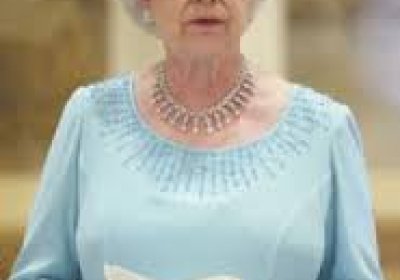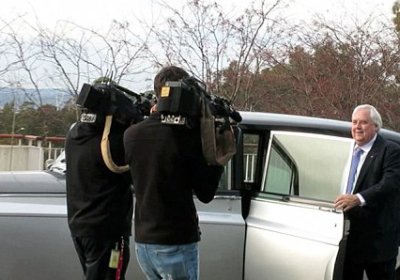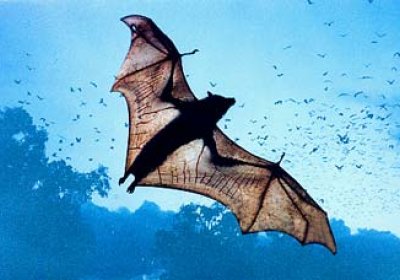Far North Queensland Stop Adani groups mobilised when the Queensland government announced its latest "governing from the regions" exercise would be in Cairns over July 10–14.
They wanted their message that the massive Carmichael coalmine must be stopped to become the main issue and not the government’s pork-barrelling.





 Two examples of development proposals that put profit before people and the environment in Far North Queensland appear to have suffered defeats.
Two examples of development proposals that put profit before people and the environment in Far North Queensland appear to have suffered defeats.




